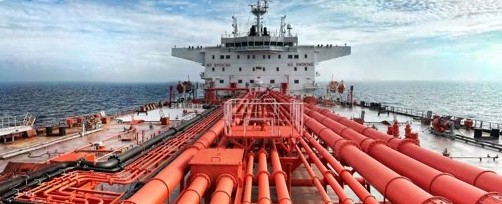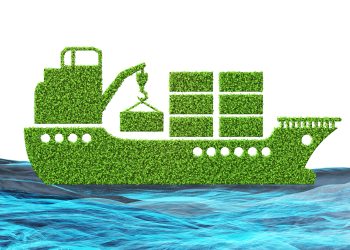Rotterdam-based law firm AKD says suppliers of goods and services to the international shipping industry, such as bunker suppliers, can modify the jurisdiction clauses in their standard terms to explicitly include the Rotterdam Court, thereby making it possible to apply to the Rotterdam Court to issue trans-border arrest orders against debtors’ assets.
AKD partner Haco van der Houven van Oordt says, “Suppliers to the shipping industry are facing difficult times due to the present economic environment. Invoices remain unpaid and creditors, such as bunker suppliers, are often left with no option but to consider taking action against the ships to which they have supplied goods.
“It is, however, not possible or attractive to take action against ships in every jurisdiction. Significant counter-securities and all sorts of formal requirements are often necessary, meaning that it is not an option to arrest a ship.
“There are a few arrest paradises in the world, however, and the Netherlands is certainly one of those. In the Netherlands, no counter-securities are required and applications are commonly granted in a matter of hours without the need for the formalities required elsewhere. Thus it has been long possible to arrest, quickly, ships calling at Rotterdam and Amsterdam, and also those sailing to the port of Antwerp, which must first pass the River Scheldt in the Netherlands.
“EU Regulation 1215/2012, which provides for even further integration of EU jurisdiction, now makes it possible to also apply to the courts in the Netherlands to issue an order for a ship arrest elsewhere in the EU, an order which is to be recognised and enforced immediately in any other EU Member State, without further local court intervention.
“Indeed, the willingness of the courts in the Netherlands to allow seizure of assets in EU Member States other than The Netherlands was underlined very recently when the arrest of a seagoing bulker in the port of Castellon, Spain was authorised within a matter of hours. Last year, the Rotterdam Court also granted leave to arrest an inland barge in either Germany or Austria in a dispute involving non-payment of hire under a time charter.
“These decisions confirm that the courts in the Netherlands will not hesitate to issue trans-border arrest orders in the same way that they issue domestic arrest orders, the only proviso being that the courts in the Netherlands have jurisdiction on the merits of the case. For these reasons, suppliers around the world are therefore expected to modify the jurisdiction clause in their standard terms to include the Rotterdam Court, at least as an alternative forum.
“Once the Rotterdam Court has been added as a competent forum, creditors can arrest ships throughout the EU by making use of the efficient and liberal arrest procedures in Rotterdam and thereby avoiding the need to go through the less favourable arrest procedures applicable in some other EU Member States.”
Source: AKD





























































